
Dionne Brand.Clea Christakos-Gee/The Canadian Press/HO-Griffin Poetry Prize
On June 6, the Griffin Prize, Canada’s richest poetry prize (by a longshot), will be awarded to two deserving-yet-undeniably lucky writers, drawn from a pair of shortlists: one Canadian, one international. In this pre-Griffin moment, when – we can only assume – heavy bets are being laid, formal wear is being rented or borrowed and victory speeches are being written out on index cards, we asked the three writers on the Canadian shortlist about the joys and struggles that go into creating a work of prize-worthy poetry.
How is your new book different from your previous work? What new thing did you learn while writing it?
Dionne Brand, shortlisted for The Blue Clerk (McClelland & Stewart): I don’t see life or work or art as a set of lessons toward perfectibility. Making a work of art is about thinking around a certain set of concepts – in the case of The Blue Clerk, thinking about what is written and what is left out, and recording what is left out.
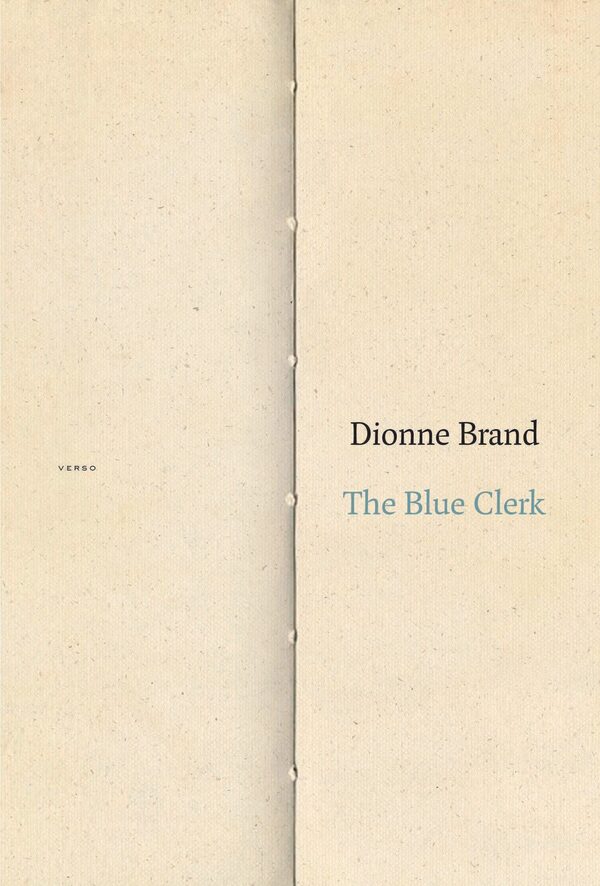
Handout
Eve Joseph, shortlisted for Quarrels (Anvil Press): Quarrels is my first book of poetry following a stroke in 2013. I did not write any poetry for two years poststroke, and I wondered if something had changed in my brain, if poetry – the ability to make great leaps, to use imagery and metaphor, to lose myself to language – had been irreparably altered. I still don’t know the answer to that. What I learnt, or what I’m still in the process of discovering, is how there is not just one central creative place in the brain, but many tributaries. “During the writing of the poem,” observed the late American poet Denise Levertov, “the ear and eye, intellect and passion, interrelate more subtly than at other times.”
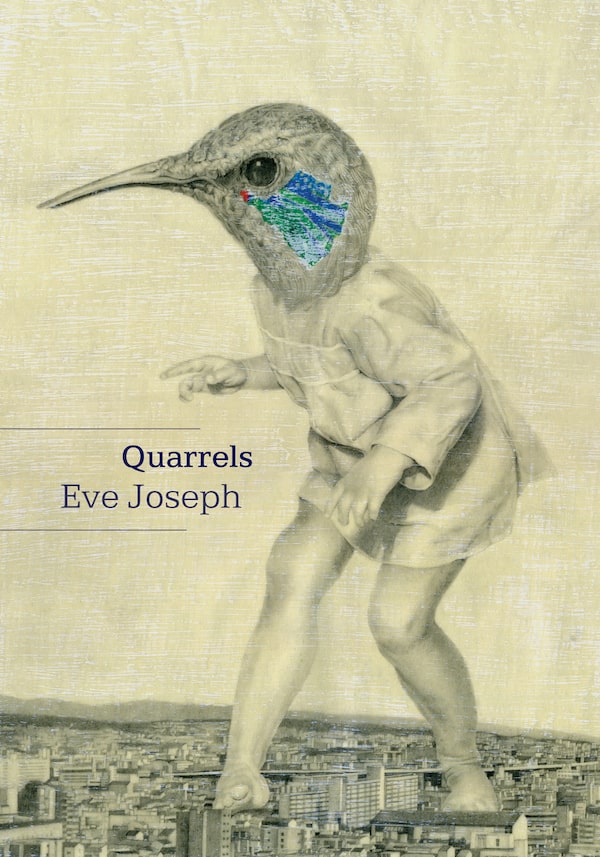
Handout
Sarah Tolmie, shortlisted for The Art of Dying (McGill-Queen’s University Press): My previous collection was Trio, a book of sonnets – 120 of them, about a love triangle of a kind. I wrote huge numbers of sonnets for about two years – upwards of 400 of them – so it took me some time to shed the form. Also, I knew I wanted to write a book, not a collection – something unified by a single idea, as universal as possible. After I had written a few short poems that felt different, I realized that death was the topic. One sex book, one death book. ... This sounds morbid, but actually the book is quite funny – I think I recovered my funny voice while writing it.
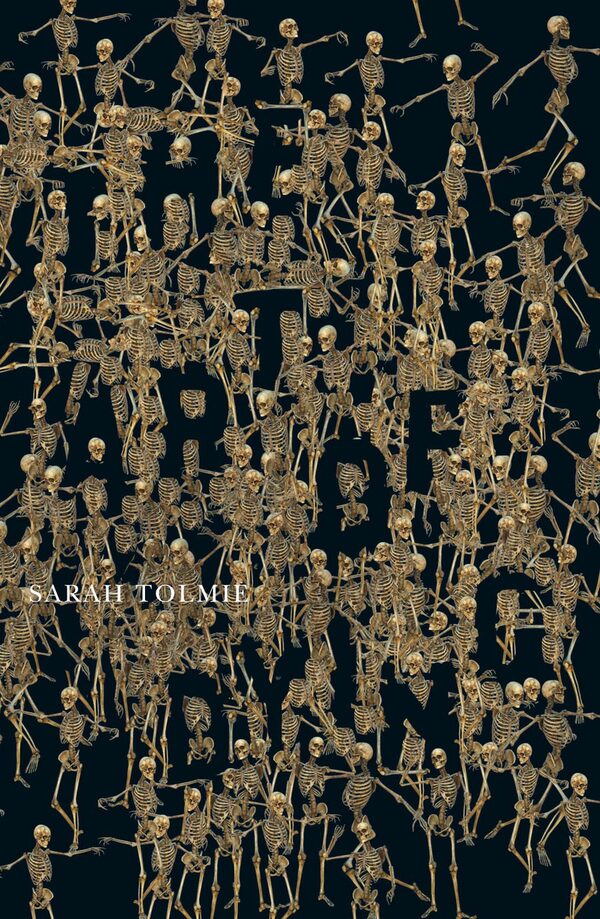
The Art of Dying.Handout
Was there ever a moment, while you were writing this book, when you lost faith in it?
DB: The set of ideas that animate this question and land in the word ‘faith’ is not the set of ideas I consider when going about the task of writing. I am an atheist in this and all regards. I go about this task reflexively and it is always difficult because it is complicated and because I invent that complication. Difficulty is its basis.
EJ: It was an interesting, sometimes painful, process. There were many moments when I hit a wall. So many that I needed to stop and write about the wall itself. You can drill a hole and look through a wall; you can bang your head against it, climb it, go around it. I began to think about the wall, the place I couldn’t get past, as a creative moment, an opportunity to go in new directions.
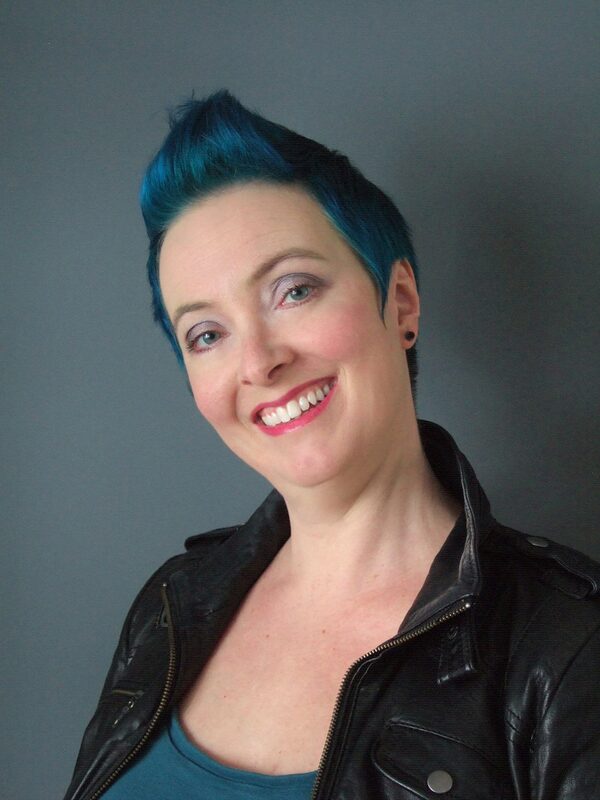
Sarah Tolmie.Handout
ST: This book went along quite steadily without big wobbles. It is almost exactly as it was composed. However, I was simultaneously writing a novel, The Little Animals, about the 17th-century Dutch microscopist Antoni van Leeuwenhoek. That book, quite research-heavy, stalled horribly for a while. Then I more or less finished both books in parallel. [The Little Animals was recently published by Aqueduct Press.]
Is there a line or image from your book that you are particularly proud of?
DB: Pride is not a goal as a poet. The question invites a narcissism that I’m not comfortable with.
EJ: I’m happy with the last few lines of one of the early poems in the collection: “You were a new music, something I had not heard before. As they used to say about that Estonian composer: he only had to shake his sleeves and the notes would fall out.” For me, the lines catch the wonder and strangeness of falling in love – the poem is about the first time my husband and I met.
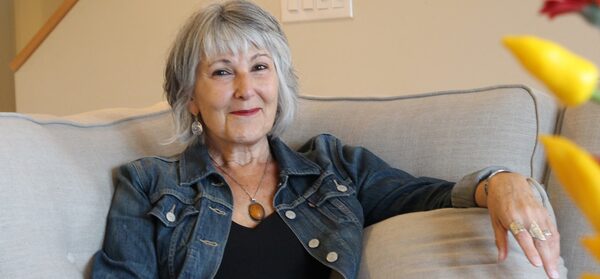
Eve Joseph.Handout
ST: Well, I kind of like “euphemism is the cheapest metaphor / in the aisle of the dollar store.” I despise euphemisms, and there are plenty in all our evasive talk about death.
What is a former Griffin Prize winner or shortlisted book that you would recommend?
DB: Heaven is All Goodbyes by Tongo Eisen-Martin, shortlisted in 2018.
EJ: Two recommendations: thirsty by Dionne Brand, shortlisted in 2003. And This Wound is a World by Billy-Ray Belcourt, winner in 2018.
ST: The Ossuaries by Dionne Brand is awesome, in the fullest sense of that word: huge, and scary. A work of amazing scale.
Live your best. We have a daily Life & Arts newsletter, providing you with our latest stories on health, travel, food and culture. Sign up today.